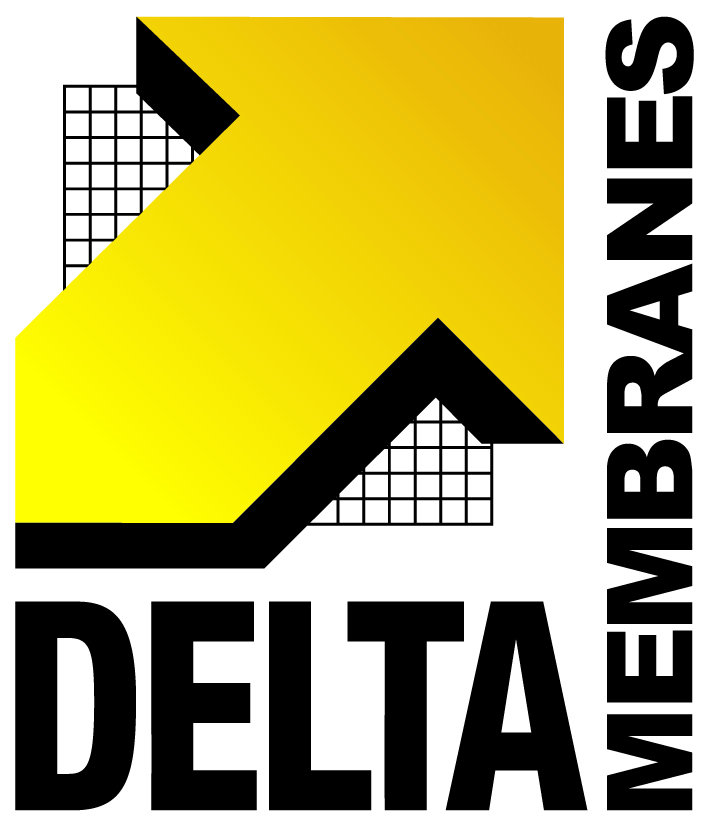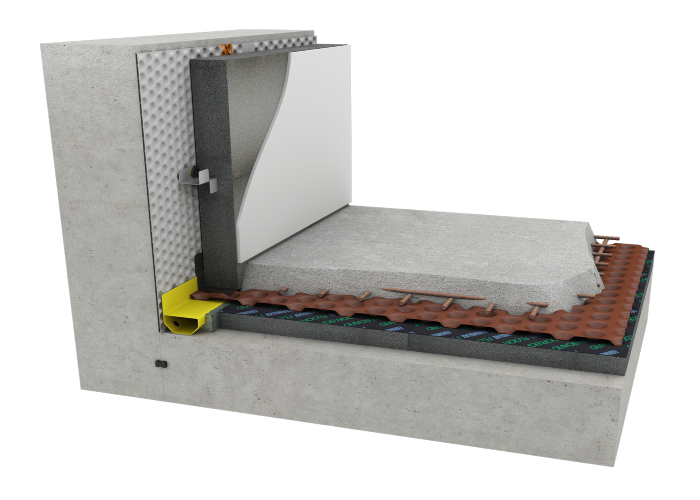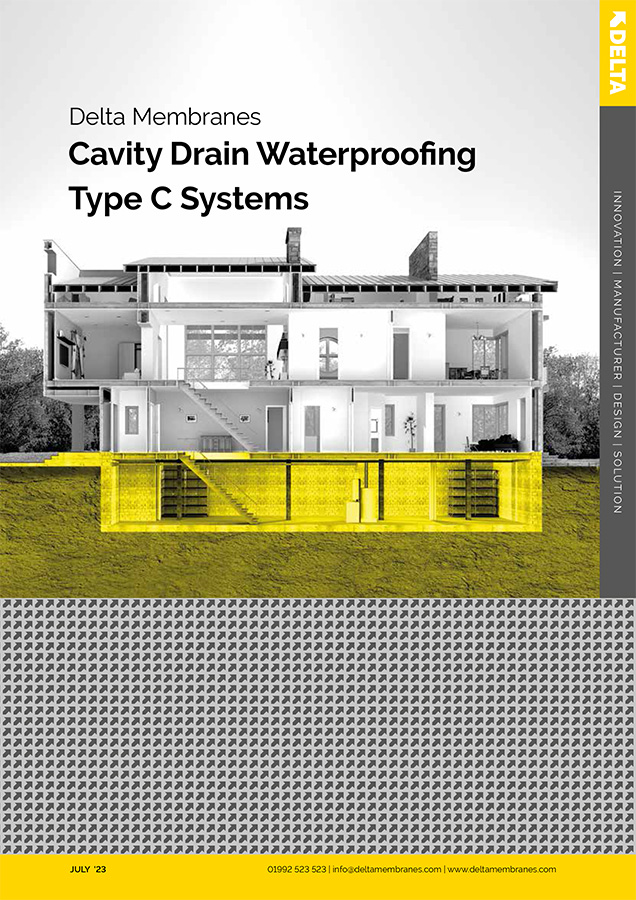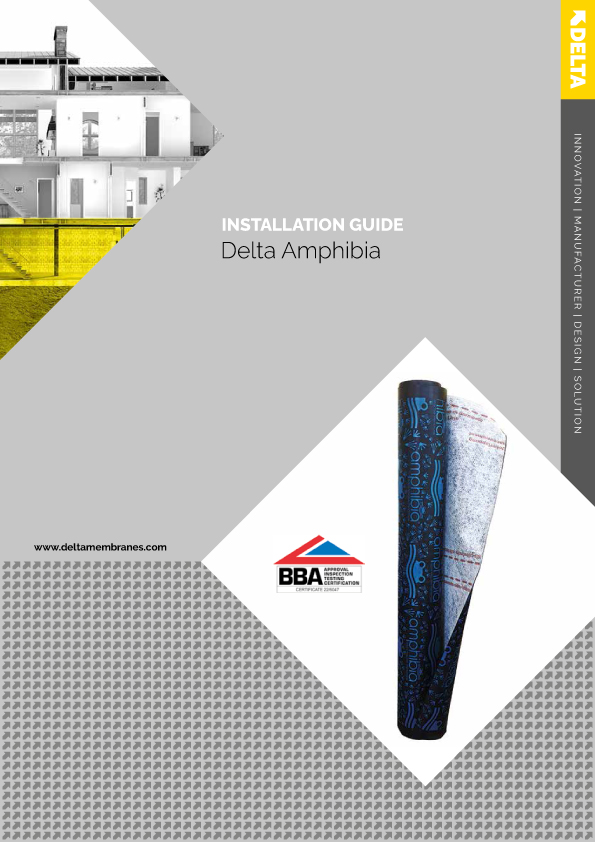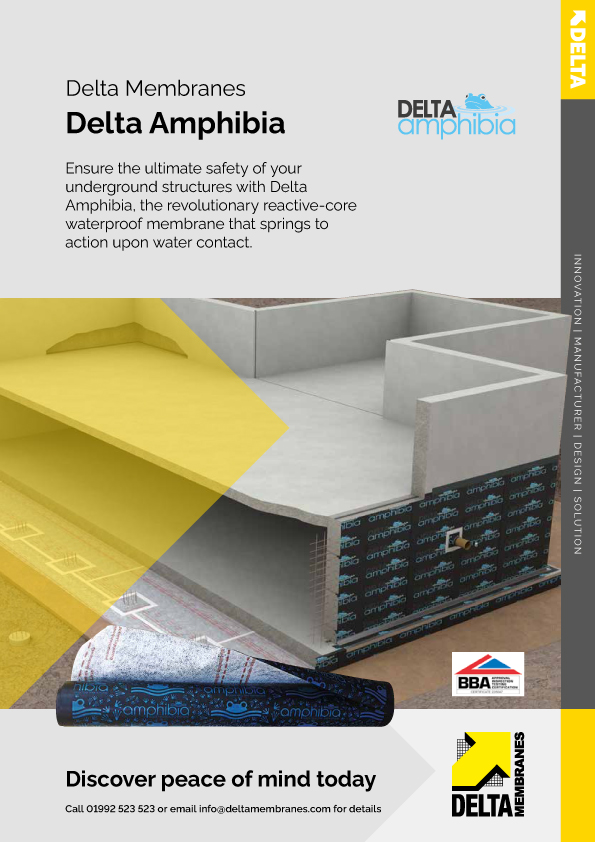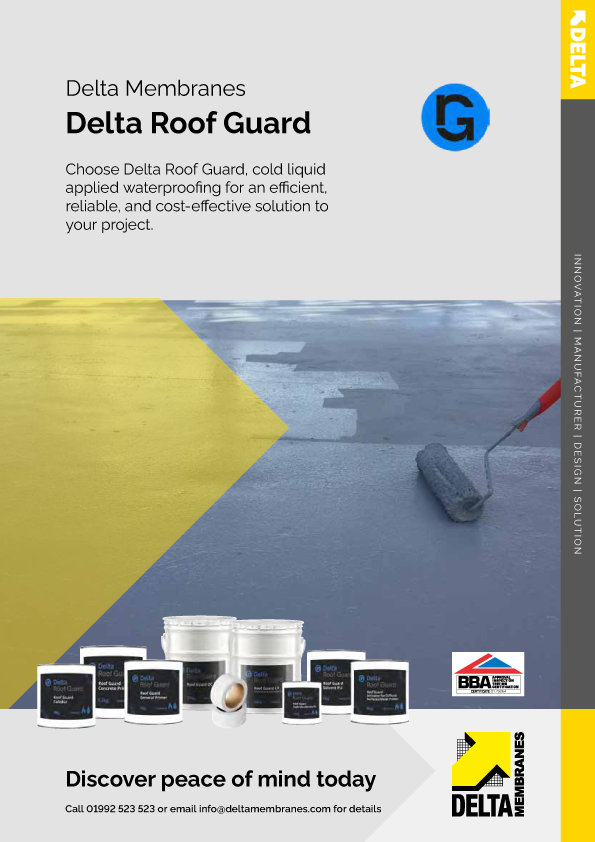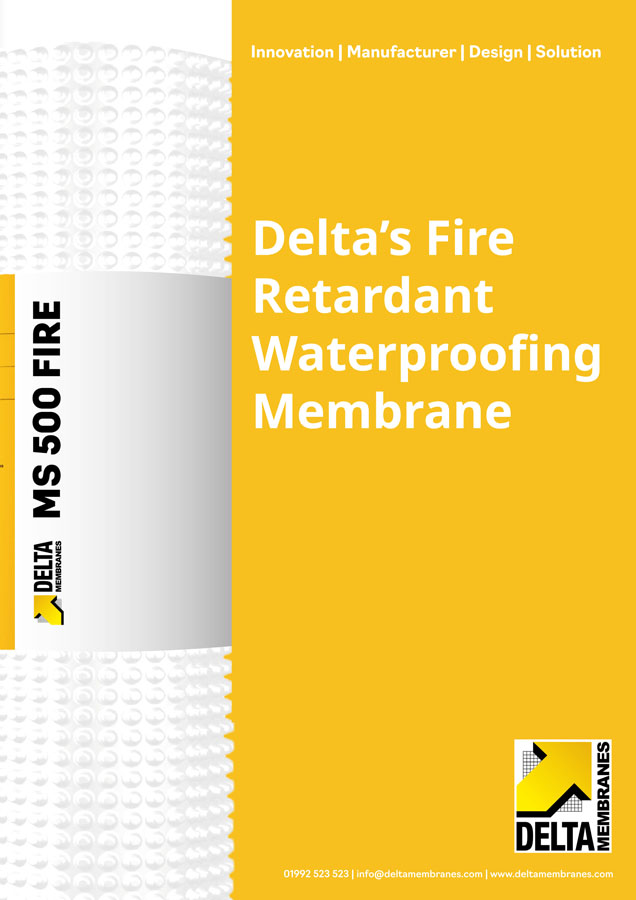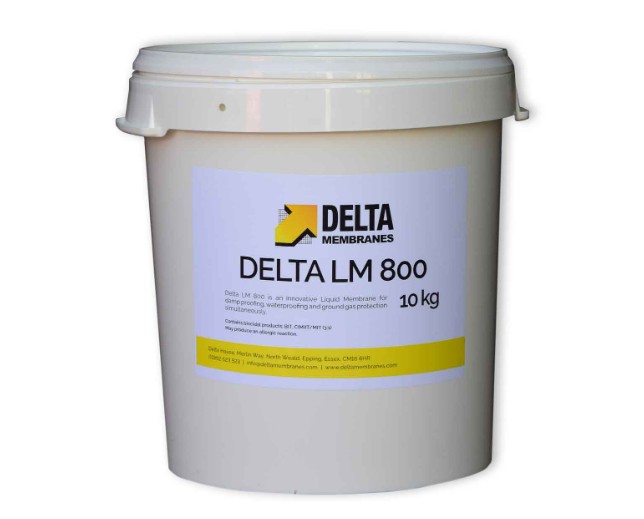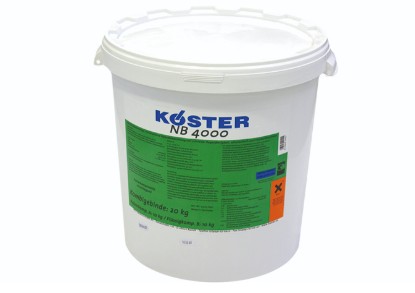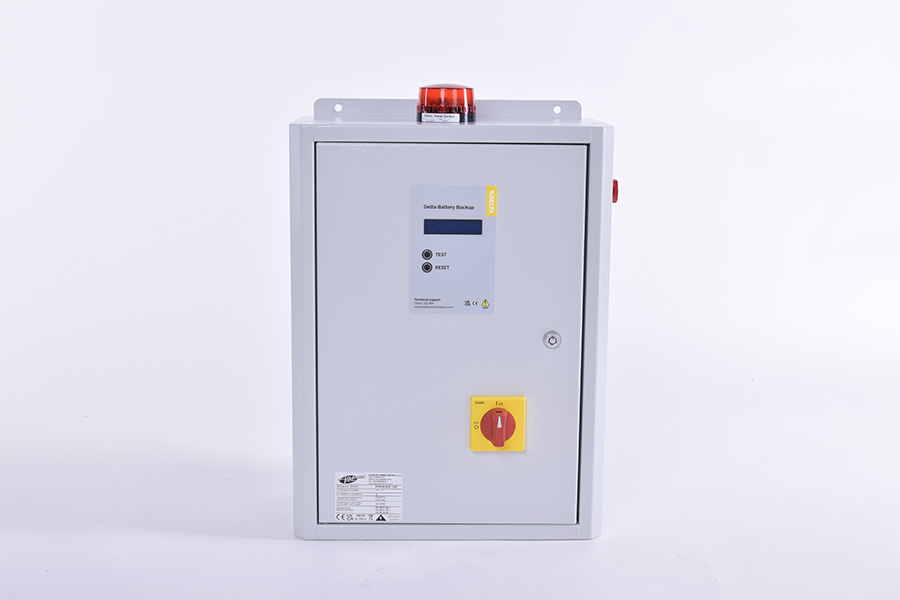Following the Grenfell Tower fire in 2017, and Dame Judith Hackitts’ Independent Review of the Building Regulations and Fire Safety in 2018, it became clear that there was a need for the government to change legislation.
The Building Safety Act 2022 (BSA) was established to address existing issues, paving the path for additional legislation. This legislation, known as The Building Regulations etc. (Amendment) (England) Regulations 2023, was designed to rectify these problems.
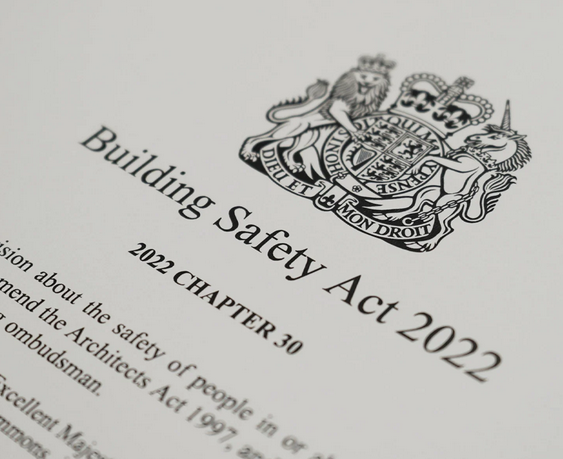
The Building Safety Act, accompanied by its related secondary legislation, was implemented in October 2023. The Act has 6 Parts, which create a clear, proportionate framework for the design, construction, and management of safer buildings to secure the safety of people in or about buildings and to elevate the quality of buildings.
- Part 1: Introduction
- Part 2: The Regulator and its Functions
- Part 3: Building Act 1984
- Part 4: Higher-Risk Buildings
- Part 5: Other Provision about Safety, Standards, etc.
- Part 6: General
Note the Act will not apply to Scotland and in limited parts to Wales, and Northern Ireland.
Under new Act, high-rise residential buildings which are 18 metres tall or higher, or at least seven storeys, with two or more residential units are defined as ‘higher-risk’.Owners of higher-risk building(s) (HRB) are mandated to maintain safety standards across all phases - from design and construction to completion and occupation.The Act primarily concerns building structural safety and fire safety, excluding other facets.Owners of higher-risk buildings are obliged to exhibit effective and proportionate safety measures and register their buildings. Any incidents should be reported to the Building Safety Regulator, operating under the HSE.Additionally, amendments have been made to the Regulatory Reform (Fire Safety) Order 2005, imposing stricter penalties for non-compliance.Non-compliant parties may be subjected to criminal charges.

It’s worthy of noting the new Gateway regime.This applies to higher-risk buildings, which are defined as being at least 18 metres in height or having at least seven storeys and containing at least two residential units. It also applies to care homes or hospitals that meet the same height requirement.The new regime only applies to those buildings undergoing work, the three gateways
- Land use planning matters related to fire safety (gateway 1)
- Building control approval for higher-risk buildings (gateway 2)
- Completion certificates (gateway 3)
Mixed-use structures fall under the category of higher-risk buildings due to the diversified functionalities they serve.If a structure houses a shopping centre while also accommodating two residential units, it is classified as a higher-risk building.However, this classification is contingent on the building meeting certain criteria related to its height or number of storeys.
The Building Safety Act incorporates a significant compliance feature, known as the 'golden thread'.
The golden thread serves an essential function by providing all parties with precise data, enabling them to comprehend a building's structure and the necessary procedures to ensure its safety and the safety of its occupants, both in the present and future.
As of April 6, 2024, the transitional period for the new building control regulations reached its conclusion. This marked the full implementation of the Building (Higher-Risk Buildings Procedures) (England) Regulations 2023 that governs the new building control regime for Higher-Risk Buildings (HRBs), also known as the 'Regulations'. Additionally, the Building Regulations etc (Amendment) (England Regulations 2023), which modifies the Building Regulations 2010 and introduces the new duty holder and competency regimes, also came into full effect.
The Building Regulations (BRegs) now mandate the designation of roles in any construction project. These individuals, collectively referred to as ‘dutyholders', are tasked with the crucial responsibility of endorsing all design and building work respectively.This structural change is to ensure and uphold the accountability aspect in compliance matters.
Dutyholders are persons (i.e. individuals or corporate bodies) with legal duties.
- Client
- Designer
- Contractor
- Principal designer
- Principal contractor
Individuals can hold multiple dutyholder responsibilities simultaneously. A principal dutyholder serves as a prime example of this, carrying out both designer and contractor roles, while also fulfilling additional principal dutyholder obligations.
The term 'designer' is defined as any individual who, in the context of a business, carries out design work or directs or instructs any person under their supervision to do so.It's crucial to understand this broad interpretation to correctly identify roles and responsibilities within a business environment.
Waterproofing design is an essential aspect of construction.This field requires expertise in material selection and construction techniques to ensure durability and longevity of the structure. It's a vital step in any construction project to secure the integrity of the building and protect it from potential water-related issues. This can include everything from basement and roof waterproofing, to designing outdoor spaces that can withstand heavy rain.
The Building Safety Act outlines the critical role of proficiency in carrying out tasks, particularly underlining the need for waterproofing design specialists during any design stages that involve waterproofing. It is recommended that such specialists be engaged early in the design process to collaborate effectively with other professionals, such as engineers, and ensure the seamless incorporation of the waterproofing system.
In accordance with BS 8102:2022 Section 4.2 Design Team, the inclusion of a Waterproofing Design Specialist in the design team is strongly advised. This recommendation is further validated by NHBC Chapter 5.4, underscoring its considerable worth within the industry.
Always Happy to Help
Whatever the needs of your project, you can rely on Delta’s Technical Team to ensure you get the right advice, support, and practical help at exactly the right time its required.Call us today on 01992 523 523 or email info@deltamembranes.com.








